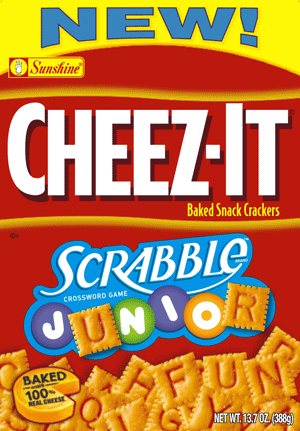
Thank you notes, a great way to learn writing, practice penmanship and build relationships, naturally.
I don't intend to ruffle feathers. Schooling methods are as unique as the children who are being taught, in homes or schools. I am not disputing methods or means. I want to encourage moms, mom
s who are teaching without realizing the impact they are having, wondering if they are "doing enough".
Celebrating several birthdays lately, I am reminded of the great lessons and practice woven into writing a thank you note, and it is natural, engaging, important, with real-life benefit.
I am also reminded of the workbooks I experienced as a child. Prompts to which I could not relate; some so silly I felt as if my intelligence was being challenged!
Which would I rather write?
Of course, the one that mattered to me personally.
Reflecting on our twenty-one years of home education, I find the same has been true for my children.
They want to write what matters.
So, when a new ball cap was unwrapped for a birthday, a new writing opportunity presented:
Grandma gives you a baseball bat for your birthday. Write a thank you letter to Grandma.
Writing with purpose, an intrinsic desire. Not in response to a made up prompt.
So moms, next time you child celebrates a birthday or holiday and wants to write a thank you out of gratitude, embrace the moment. Walk alongside your child in his or her natural response to life. Answer questions about spelling and punctuation. Write hard words on paper for them to copy onto their thank you card. Find an envelope and talk about how to write an address. The intrinsic motivation to thank a grandparent (or other significant person) will drive the learning. Why? It's important to the child. Couldn't ask for a more natural, productive lesson...and grandma will be thrilled!
Use life, what is natural to learn life skills.
Thank you and letter writing is not the only way to learn writing and spelling. Every child has an interest, a pathway on which learning become enjoyable, natural, essentially easier, hopefully without tears and frustration. Often these ideas are spontaneous and child-initiated.
Not long ago one of our children asked if she could copy the text from a favorite animal book checked out from the library. We talked about plagiarism. She simply wanted to write the text so she could remember the words after she returned the book. Her thoughts reminded me of how writing, grammar, and spelling were learned by great leaders in history. Many of those leaders became extraordinary writers. My daughter copied the entire book. It later became part of a project she initiated. Writing, spelling, naturally.
I am not saying we have never used repetitive writing of a word to learn its spelling. We have. The point is, we use whatever is appropriate for a particular child, at a particular time.
One day celery prints took a twist and we decided to list "C" words. It was spontaneous and FUN!
Children with a creative bent can naturally integrate writing into their art. One of our children decided to make "fancy" thanksgiving cards with a creative greeting tucked inside.
Taking learning outside, in a different environment is helpful for mom and children!
Writing and illustrating outside!
A "new" outside patio set makes a great place to write.
Once inside, tummies rumbling, cookies and crackers with letters give spelling a boost.
Sometimes I make games for my children. Time consuming, yes. However, the results have been astounding for the child who needed that method. And, with the intrinsic interest and love for games, often the child will ask to pull the game out again for review.
The spelling and writing I remember was tedious, rarely applicable to life. It was laborious, especially for me, a non-phonetic reader due to processing challenges. I was the child my third grade teacher said would never read. However, my parents (mom especially) incorporated learning into life: writing recipes, grocery lists, making "books", and playing restaurant. Most of all I remember my parents partnering with me, walking alongside to help and process my ideas.
Moms, you can help your child learn writing, grammar and spelling, naturally, in ways that are fun. These activities also pack in the highest retention, meaning your children will remember what they learned. Ponder the happenings in your home. How many of the activities are you passing off as play or something that needs to get done (like an email) that actually teach great lessons in language arts?
*The information in this blog post is not intended as legal or educational advice. It is simply a journal of what worked for us. Parents are responsible to oversee their child's home education.








No comments:
Post a Comment